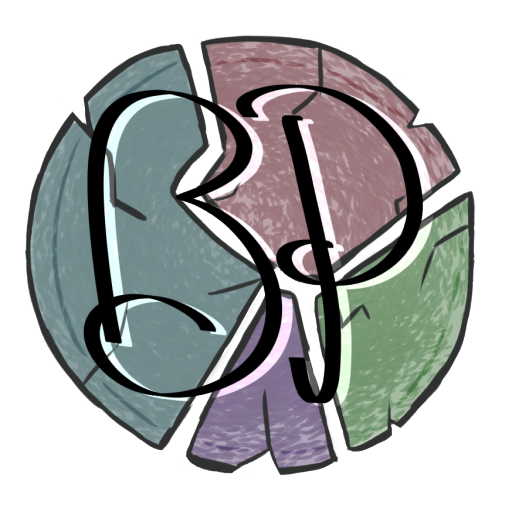Deep in the depths of your mind lies the creative library of your brain. Strolling around the bookshelves of your dreams, thoughts, and hopes, you will find the withered spines of books you love from authors far and wide, towering spires of history, and a sunlit catalog of your memories scattered across the grand expanse. How, pray tell, do you access this treasure hold of knowledge? What does it mean to be inspired?
Start with what interests you. Perhaps you like folktales or non-fiction day-in-the-life stories. As for me, I love stories about ancient Greeks, Romans, and Norse mythologies. When I was a kid, Rick Riordan’s Heroes of Olympus novels captivated my imagination with the characters and their powers, and the otherworldly events of the plot. Later on, those same fantastical ideas led me to many other forms and interests such as (scripts, video game narratives, and comics) which expanded my library further.
Some Ideas for Finding Inspiration:
1. Here is an exercise I learned from a poetry class. Sit in an open area (a park, a lobby, a dining hall) and from there build a story, poem, or script. based on what you observe around you.
- Are the birds having a dispute? Are they making fun of the funny humans below them?
- Is someone saying something interesting or funny?
2. Go to an art museum and find a statue, a painting, a sculpture, or a photograph that you like and write something that includes that artwork in some way.
- Is a character trapped in the work of art?
- Could the artwork be a baseline for a story that you create?
3. READ!!!! If you want to write movie scripts, then read movie scripts; if you want to make plots for video games, then play video games and jot down the plots; if you want to write a story, then read stories that align with what you want to write about. Not only will you get inspiration from these ideas, but you’ll also learn more about writing, and, more specifically, how YOU write.
4. Set aside time and take it slow. Forcing yourself to do something is only going to make you more frustrated, so take time away from whatever you are writing and come back to it later.
5. Create a condition or constraint. This can be setting a deadline, using found forms (like a collage), or using fixed forms (like abecedarians). I learned that for some writers, it helps not to start with a blank page.
Inspiration is woven into practically everything that we do and are. Even when sometimes we can’t see it, there are practical ways to find inspiration. Start with what you enjoy and expand your own library as you go.

